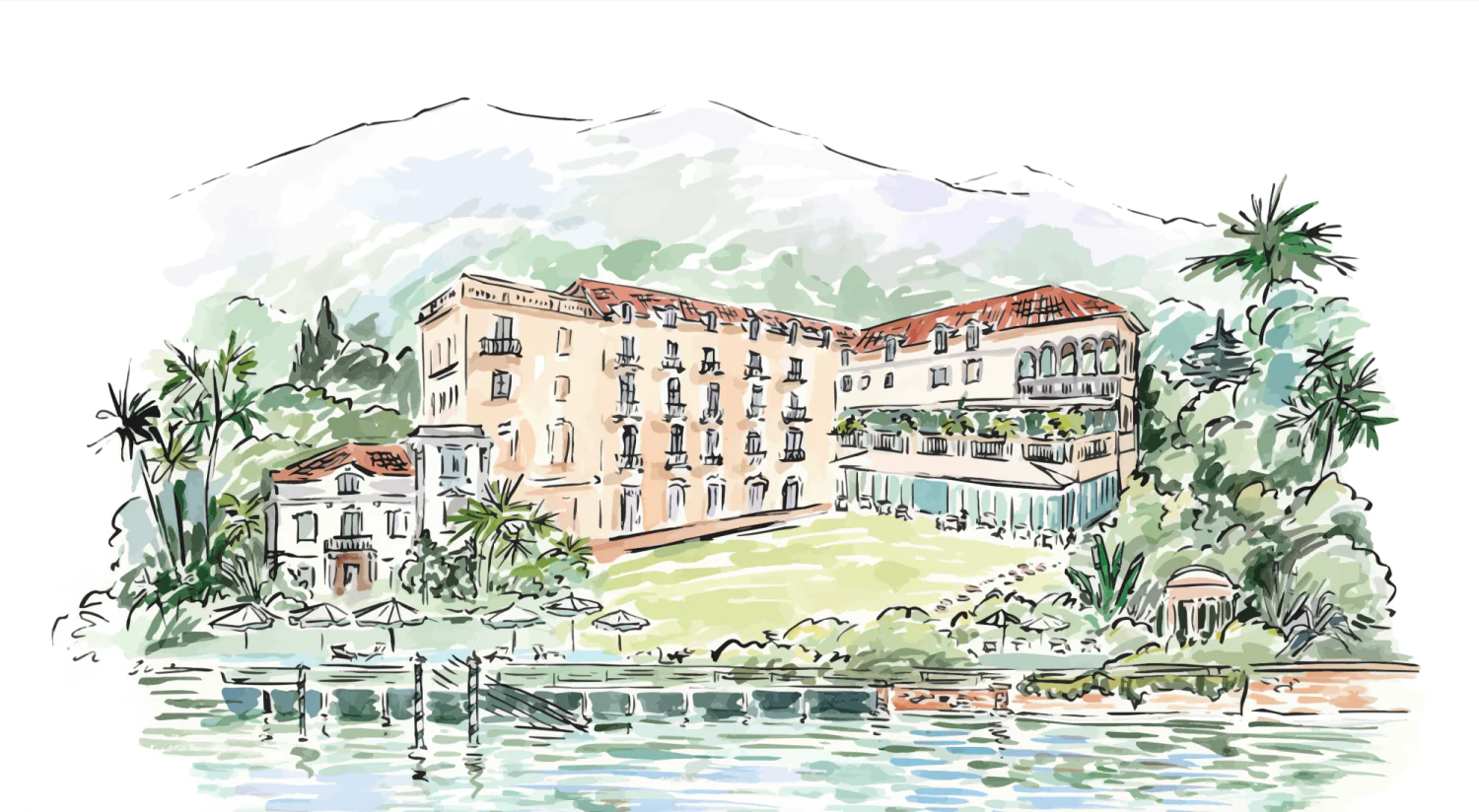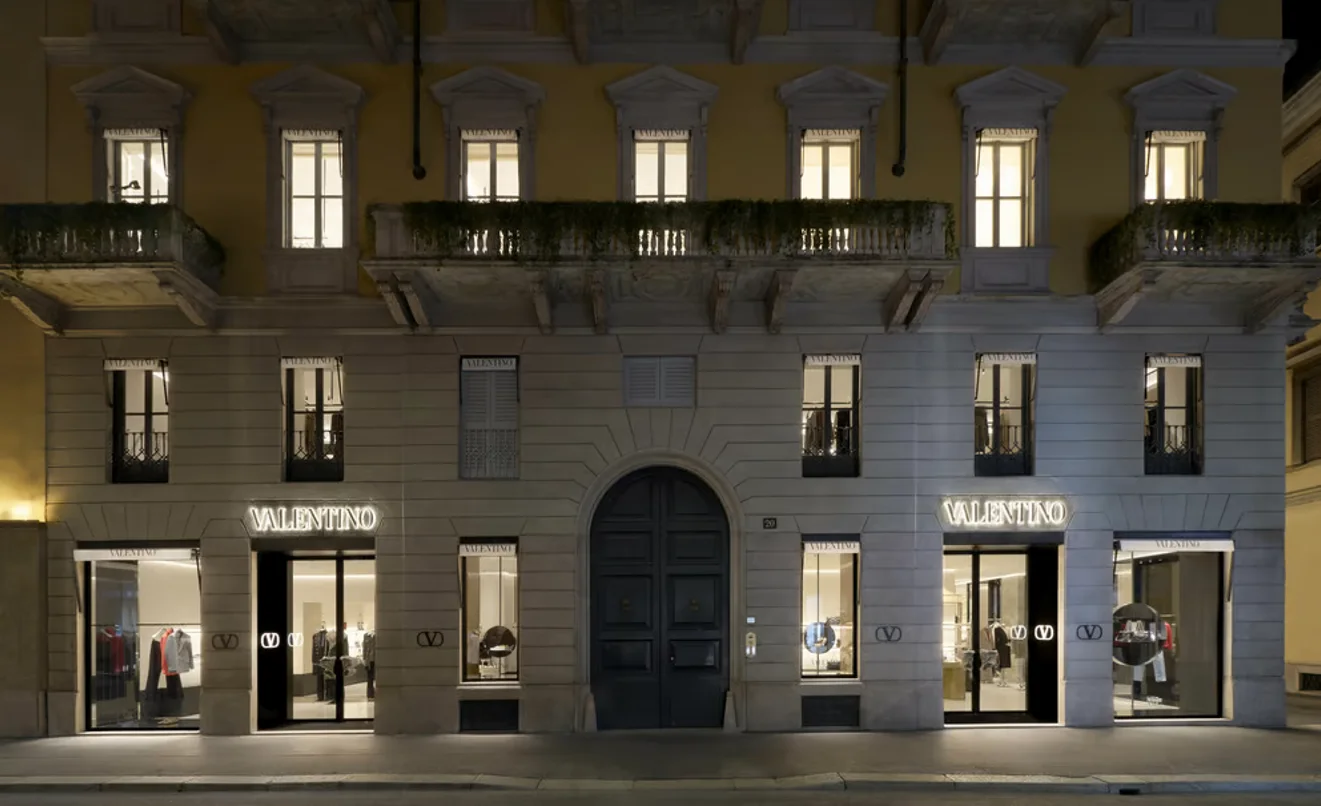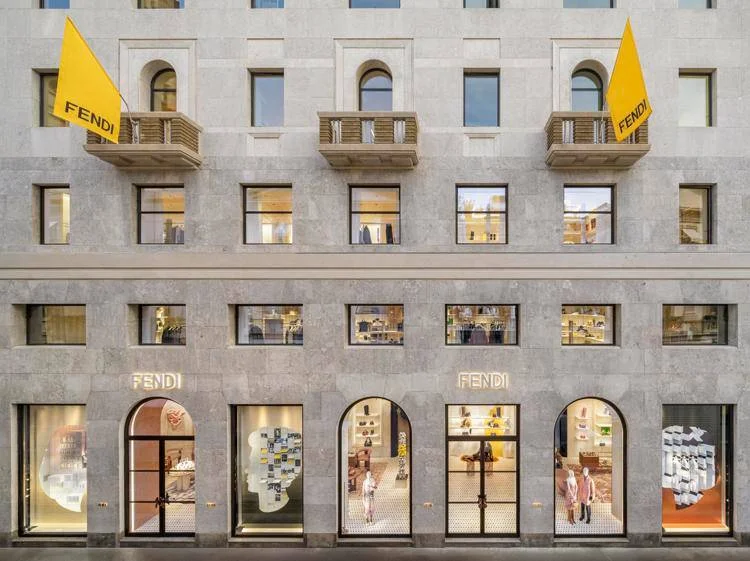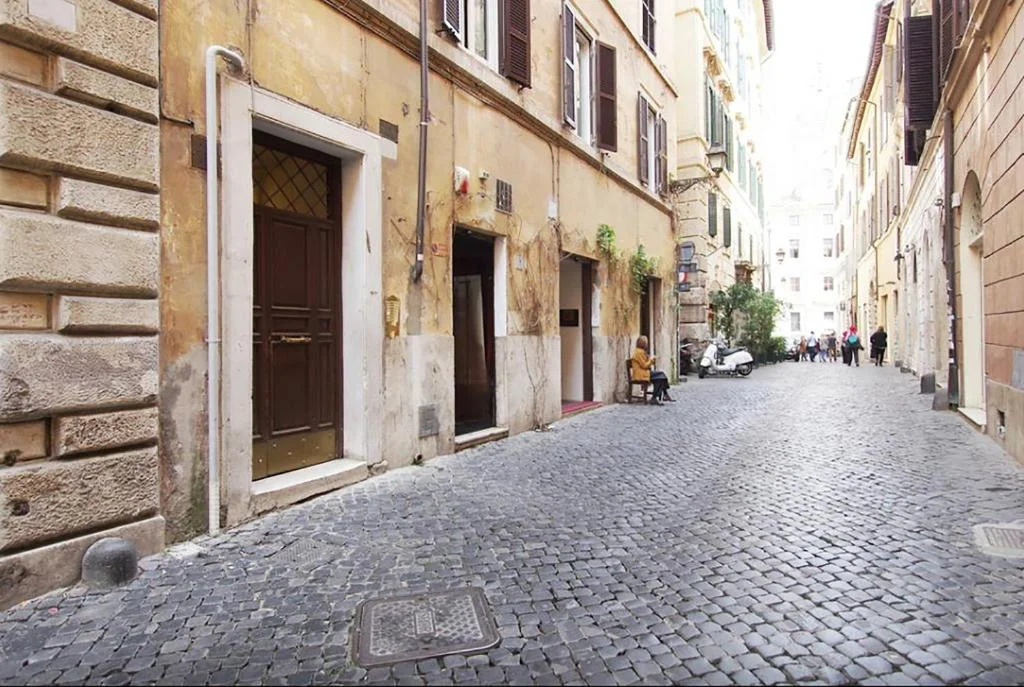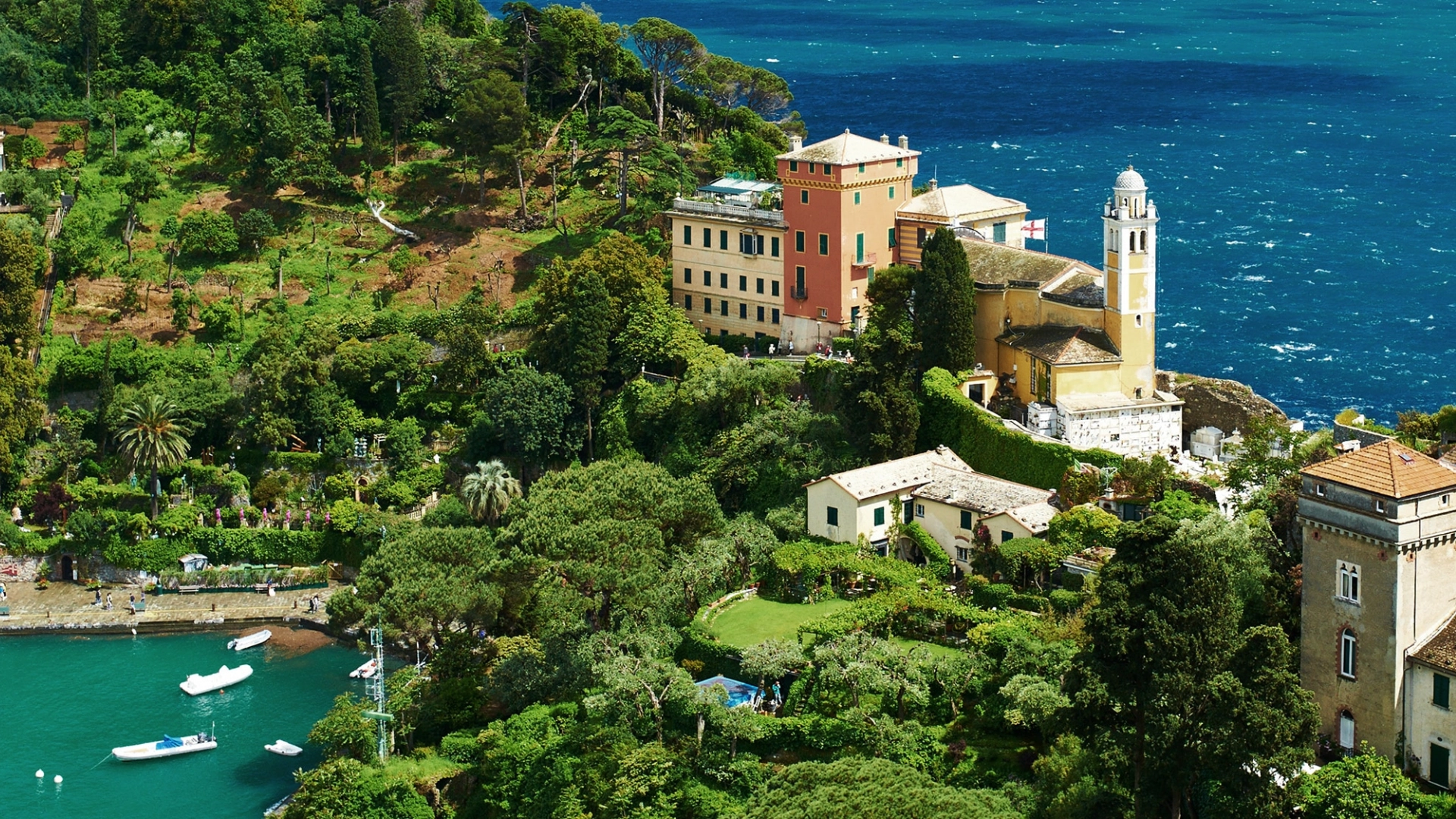Accor’s Expanding Legacy in Italy
Accor is doubling down on its commitment to Il Bel Paese, announcing a new wave of luxury and lifestyle hotel projects across the country. With over 75 properties already established, Accor has secured its position as Italy’s second-largest hotel operator, spanning from ultra-luxury to economy. The group is now accelerating its presence through major real estate developments, including debuts from iconic brands such as Raffles, Sofitel, Orient Express, and Emblems Collection.
This expansion underscores Accor’s strategic focus on Italy as a premier market for tourism, real estate investment, and luxury travel. Following the celebrated launch of Orient Express La Minerva in Rome earlier this year—the brand’s first-ever hotel—Accor is set to bring even more exclusive properties to Milan, Venice, Lake Como, Genoa, and beyond.
Highlights of Accor’s Italian Pipeline
- Raffles Lake Como (2027): A complete transformation of a historic lakeside property, featuring signature Raffles experiences like the Writers’ Bar and Patisserie, alongside a private beach bar and sustainable luxury programming.
- Sofitel Genova Marina (2027): Designed by world-renowned architect Renzo Piano, this five-story luxury hotel will redefine Genoa’s waterfront and attract weekend travelers from Milan thanks to the upcoming high-speed rail connection.
- Orient Express Palazzo Donà Giovannelli (Venice, 2026): A revival of a 15th-century palace, blending timeless Venetian grandeur with ultra-luxury modernity.
Emblems Collection: Four new boutique-style luxury hotels are set to open in Cortina d’Ampezzo, Siena, Umbria, and Apulia, each celebrating local heritage and design while offering world-class amenities.
A Strategic Real Estate Investment
Accor’s focus on Italy extends beyond hospitality to long-term real estate value creation. By revitalizing historic palazzi, convents, and waterfront landmarks, the group is reinforcing Italy’s global positioning as both a cultural capital and an investment hub. These developments are expected to generate significant economic impact through job creation, tourism growth, and property appreciation.
For more on luxury real estate transformations in Italy, explore our coverage of the Bauer Hotel restoration in Venice, a €280 million project reshaping the city’s hospitality landscape, and our feature on Rome’s Via dei Banchi Nuovi pedestrianization, which highlights how urban planning and tourism investments go hand in hand.

